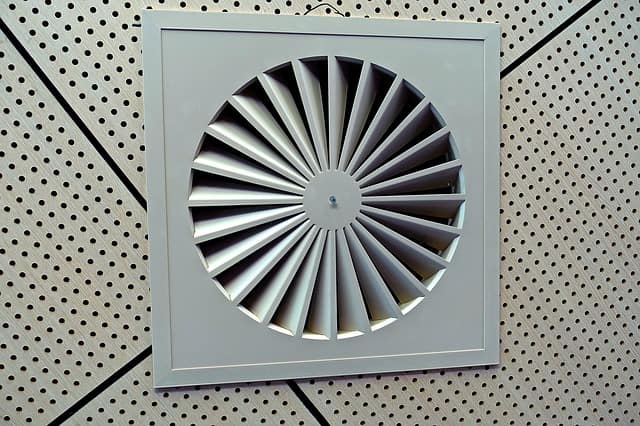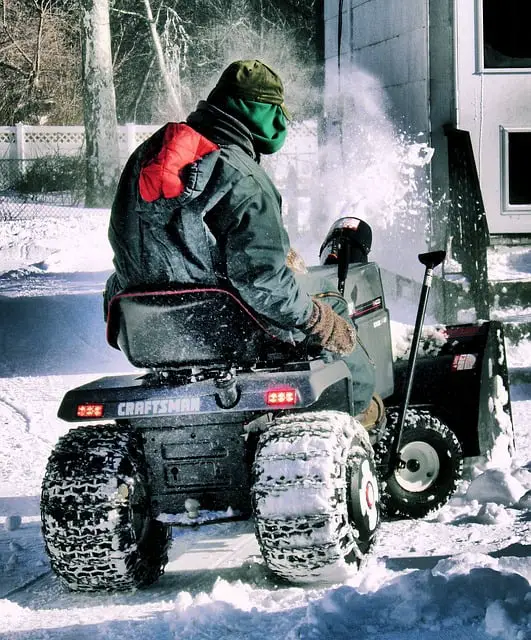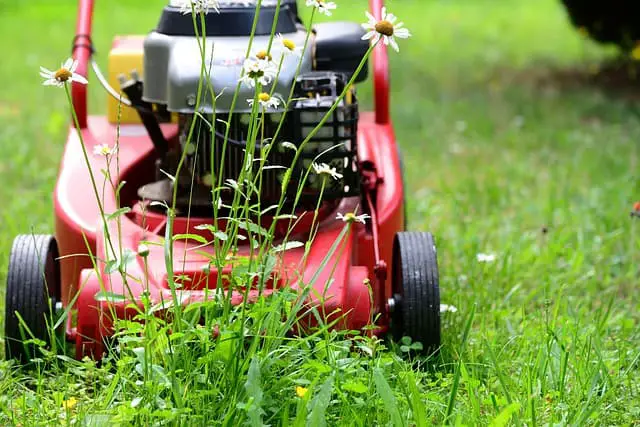In general, the Massey Ferguson tractors are a good, quality brand of tractors. Like all types of machinery, however, the quality and longevity of the tractor will depend on specific factors like how often maintenance is done on the machine.
Continue reading on to learn more about the Massey Ferguson brand, the types of products they produce, and how they stack up against the competition.
History of Massey Ferguson
Daniel Massey started the Newcastle Foundry and Machine Manufactory in Ontario Canada in 1847. Massey built the company from the ground and their first product was mechanical threshers.
By 1879, Daniel Massey‘s son had taken over the business and renamed the company Massey Manufacturing Company. He moved the company headquarters from Ontario to Toronto Canada where the company would become one of the largest employers in the area and the campus becoming a main attraction.
Massey-Harris Merger
Around 1898 Massey made a big move by merging with A. Harris Son & Company to form Massey-Harris and become the largest agricultural equipment manufacturer in the British Empire.
During this time the Massey-Harris company began manufacturing reapers, threshing machines, and safety bicycles. When Massey-Harris purchased Johnston Harvester Company from Batavia, New York, it made the company the first multinational corporation in Canada.
During the 1930s, Massey-Harris began producing their early model tractors, going down a path that would revolutionize agriculture in the region and propel the company into greater name recognition and profits.
A History of Firsts
It was during tractor manufacturing in the 1930s that Tom Carroll, a Massey engineer, came up with the idea of a mass-produced, affordable, self-propelled combine. Named No. 20, it was the first of its kind but unfortunately did not hit the mass production mark that was intended.
The combine ended up being too heavy and expensive to mass-produce. However later on the company would use the combine’s specifications as a guide to making a lighter, sleeker version, aptly named the Number 21 model.
Massey-Harris becomes Massey-Ferguson
In 1953 the Massey-Harris Company merged yet again. This time it was with the Ferguson-Brown company, a British agricultural machinery company, founded by Harry Ferguson in 1911.
The Ferguson-Brown company at the time had launched their Model-A tractor in a partnership with Henry Ford. This allowed the Ferguson-Brown company to develop brand recognition throughout the United States and piqued the interest of the Massey-Harris Company.
The company’s name was officially changed to Massey-Ferguson in 1958 and did well in the agricultural machinery space until the mid-1960s when increased competition put a damper on the company’s profits.
Today the Massey-Ferguson company is a subsidiary of the AGCO corporation in North America.
Early Tractor Models
Some of the early tractor models that earned Massey-Ferguson a reputation of being a great machine brand were the MF35 and the MF135. While the MF35 was mainly used by smaller land owners and farmers, the MF135 was the shining star for the company.
At the time, the MF135 gained a reputation for outperforming its competition in every area possible. The power and reliability of this model consistently ranked the tractor at the top of every list from the early 1960s to the mid-1970s.
Hits and Misses in the 1980s
Two things happened for the Massey-Ferguson company in the 1980s. The first was a huge flop with the release of their 600 series tractors. This series was the first major overhaul for the company and it certainly did not play out how they expected.
The 600 series tractors featured a higher cab and quite an unattractive style. The sales reflected the poor design and the 600 series was pulled shortly after being released.
After the misstep with the 600 series, Massey-Ferguson then released their 300 series. Not only did it receive a raving reception, but the series is still the number one selling tractor today.
The 600 series features unmatched durability, excellent power, a high range of gears, a simply designed cab, and a sleek finish. It also came with two different cab options and 18 different models that ranged in horsepower from 45 to 104.
Massey-Ferguson Today
After being acquired by AGCO, the Massey-Ferguson brand of tractors has continued to soar in both sales success and quality. New iterations of the tractors feature torque levels and horsepower not often found in other brands of tractors.
In 2020, AGCO announced that it would start producing the Massey-Ferguson line of tractors with fuel efficiency and carbon emission standards in mind. Since this announcement, the Massey-Ferguson company has continued to hold its place at the top of any quality tractor list.
Quality Tractors for Any Job
The Massey-Ferguson company has always prided itself on building quality products at affordable prices. When AGCO acquired the company, this belief system went with it.
The newest edition to the Massey-Ferguson lineup, the MF 8S series brings a new set of technology and dependability to the agriculture machinery table. The line of tractors features a new, highly efficient, transmission technology that is currently unavailable from other tractor brands.
The new transmission style, a continuous variable transmission, or CVT for short, provides the same amount of power as a mechanical transmission with 26% higher speeds and uses 10% less fuel to do it.
Drawback of Massey-Ferguson
One of the main downsides to owning a Massey-Ferguson tractor is one that is not unique to the brand. As an owner, you cannot work on your own equipment. The company builds in technical limitations so that no one, except for certified Massey-Ferguson technicians, can repair the equipment.
This means that you could be working with your tractor when suddenly it stops and displays an error code on the dash. You would then need to call your nearest dealer and let them know the code. They will either then come to your location and repair it, or ask that you bring it to them for repairs.
This has caused upheaval in recent years and some brands, such as John Deere, are currently tied up in legal battles for the practice. Owners are furious that they are unable to maintain their own, fully owned pieces of equipment, and instead must rely on the company.


